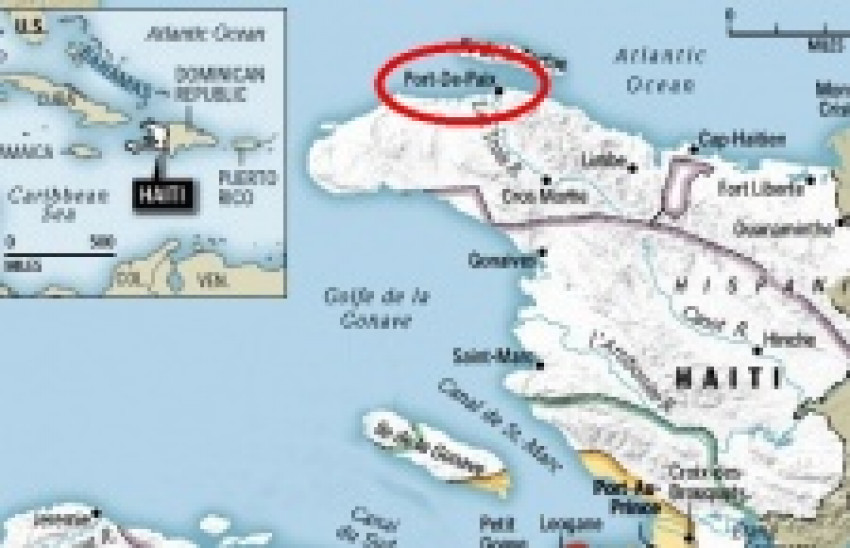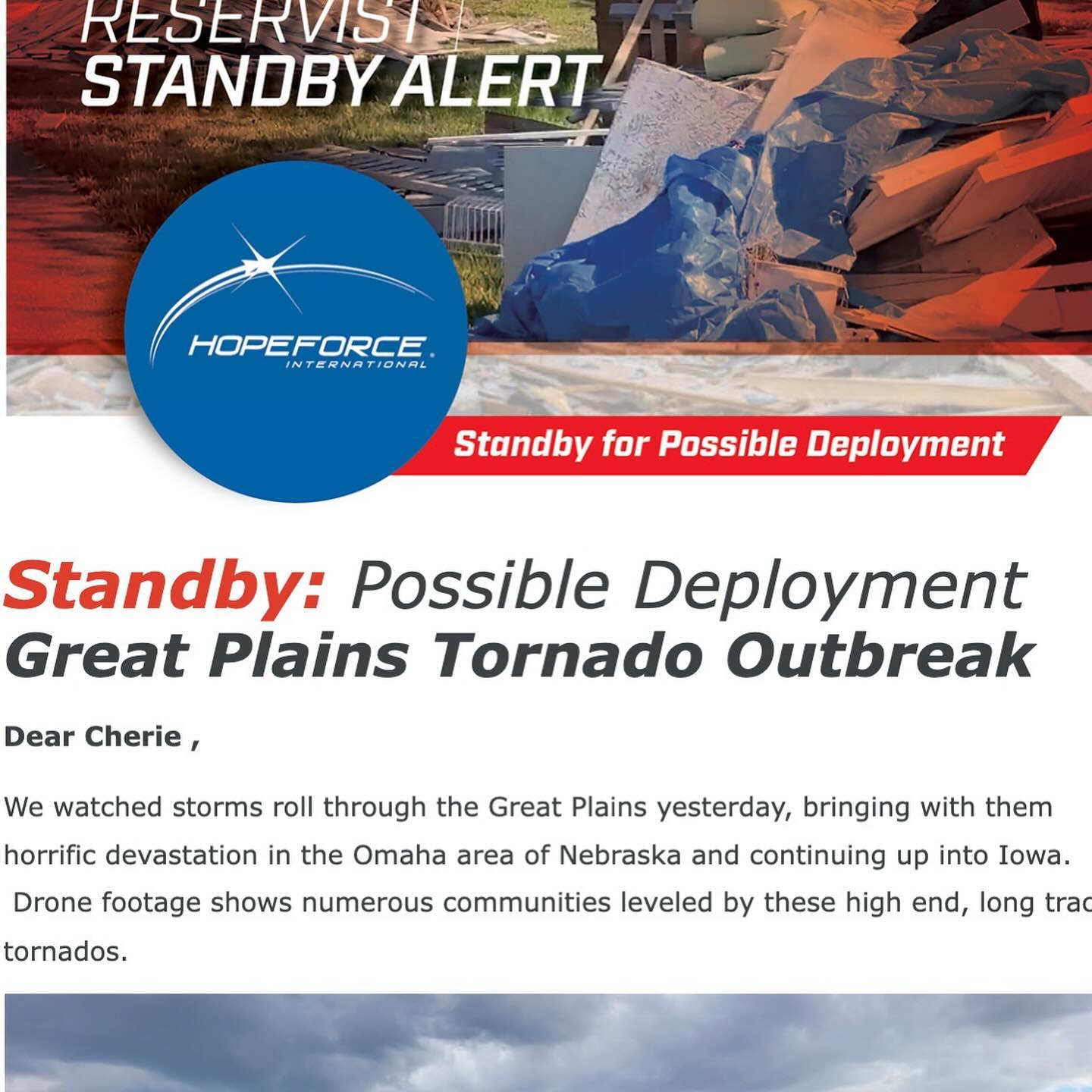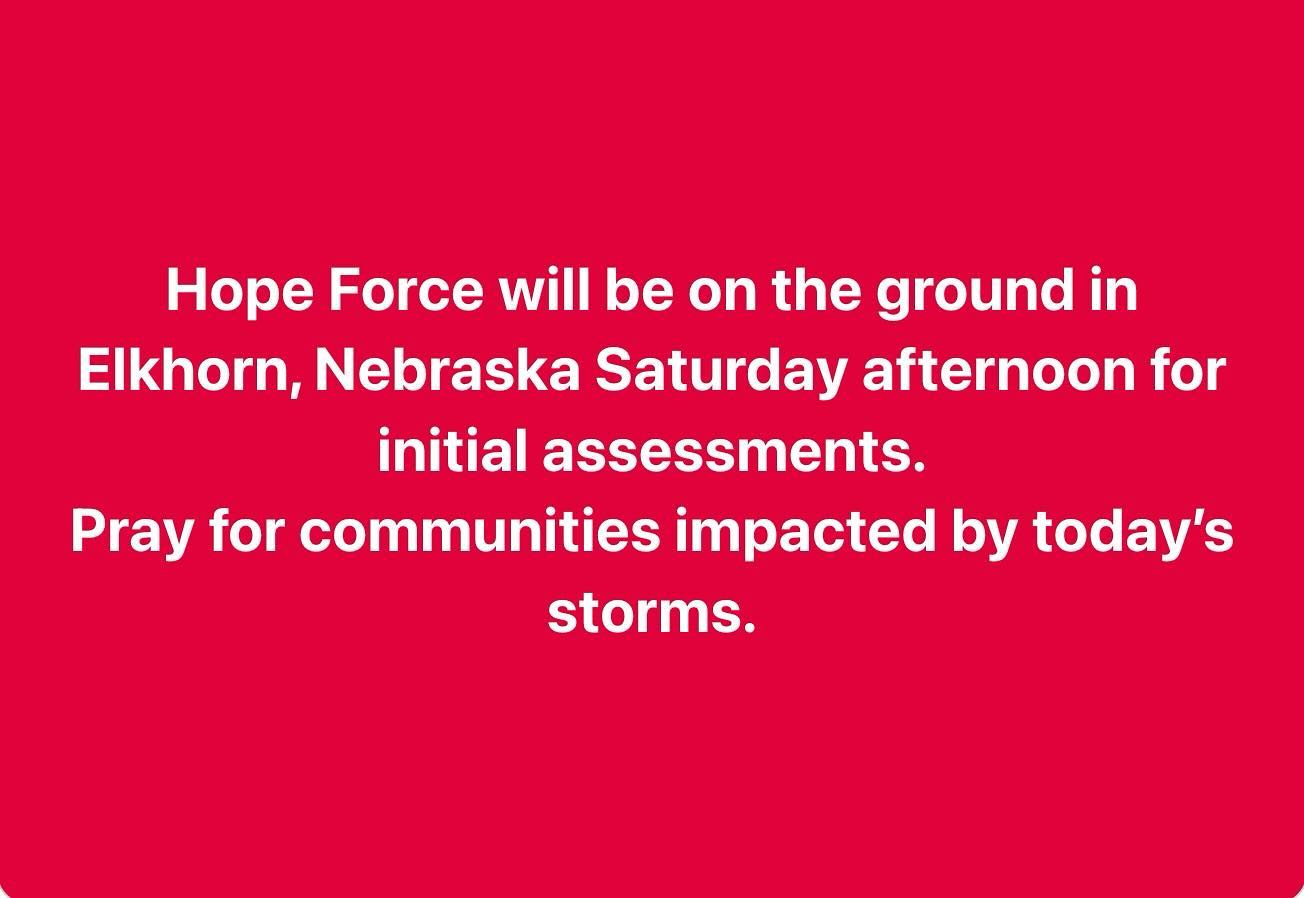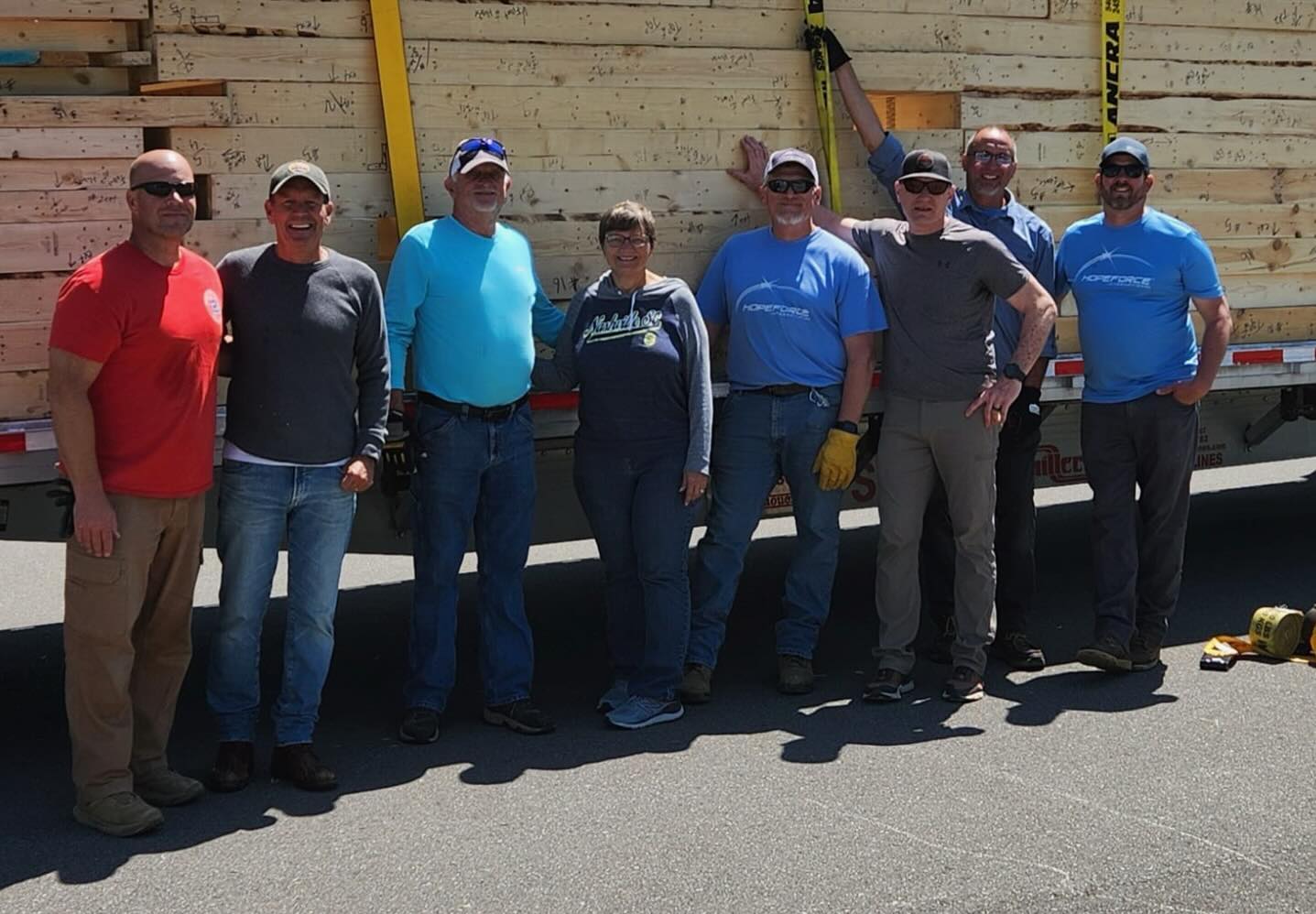
Looking Back to a Haiti Deployment
March 1, 2011
 Brenton Hart lives in Newport Beach, California and works as a medical professional with Procel Nurses. Active in outdoor sports and not afraid to take on new challenges, he joined one of the first Hope Force deployments to Haiti last November. This past weekend he had the opportunity to participate in the Hope Force Reservist training in Orange County, California. Not only was it an opportunity for personal growth and knowledge acquisition about disaster relief, it also served to provide a healthy reflection on all that he experienced in Haiti.
Brenton Hart lives in Newport Beach, California and works as a medical professional with Procel Nurses. Active in outdoor sports and not afraid to take on new challenges, he joined one of the first Hope Force deployments to Haiti last November. This past weekend he had the opportunity to participate in the Hope Force Reservist training in Orange County, California. Not only was it an opportunity for personal growth and knowledge acquisition about disaster relief, it also served to provide a healthy reflection on all that he experienced in Haiti.
The training brought home very clearly the many different dynamics of medical missions which, for me, offered a profound connection to my most recent experience in Haiti offering relief to those suffering from the cholera epidemic. I looked back and felt relieved by some of the dynamics that took place in Haiti while at the same time wondered why certain attitudes didn?t materialize at the time. In some cases I realized things that were learned later in the trip could have made things more manageable had I grasped a healthier outlook early on in the deployment.
I was one of two people scheduled to go with Hope Force on the first cholera response team to Port-de-Paix in northern Haiti. The first scheduled departure was canceled due to riots breaking out in Haiti connected with the population's perception that the U.N. had been responsible for the Cholera outbreak. The airport in Port Au Prince was closed, making it impossible for our team to come in. Despite my commitment to go, I was actually relieved when it was cancelled.
I had my own agenda at the time and it involved pursuing an attractive young lady I had met. At the time, this was my personal "grudge against God" and finally I thought He had brought someone into my life that I had been asking for. I felt like my timeline in pursuing the relationship was crucial for demonstrating my intentions, so the cancellation seemed timely. To my surprise, the trip was then resumed with short notice, which I soon realized was all part-and-parcel of disaster response. I knew the bigger picture but hated the timing, so just rolled with the situation with the attitude of "here goes nothing."
Adding to the complex dynamic of preparing for deployment, a few of the people with whom I had shared my endeavor seemed to ridicule my plans. I hadn't experienced anything like this before. Some let on that they thought Haiti had brought the cholera problems on themselves. Didn't I realize what cholera could do to my insides if I was exposed to it and succumbed to the disease? Others implied that we were just creating a band-aid for the inevitable -- cholera was too big for one person to combat.
I knew it wasn?t my position to be the judge of the circumstances yet the truth was I felt even less prepared to respond to the accusations and questions. I also had my own history with cholera as a teenager -- I almost lost my life in an effort to incinerate an area from the contagious fecal matter. I was holding on to that as a way of personally connecting with the crisis that was affecting Haiti.
This complex mixture of dynamics built up along with fears at the size of the task and resulted in a near panic attack when I finally arrived in Haiti. My thought process on my first shift focused on conceiving a plan to be shipped home -- it was that paralyzing. The next day I was able to pull together and take a hold of the situation, willing myself to do what needed to be done. But after a week of this, I was completely exhausted.
I prayed constantly for health while I was there so that I could work. Interestingly, the moment I stepped off the clinic floor that last morning I developed a sore throat and head congestion ? I knew this was inevitable due to the lack of sleep and the stress of the situation. I had to smile because it looked like God had given me exactly what I had asked for -- good health while I was in the clinic to be able to complete the mission.
Looking back, I realize that I left Port-de-Paix with a sense of despair because it seemed like we had hardly made a dent in the situation. There was so much more I had wanted our efforts to create. Hope Force Medical Director, Christine Thompson invited me to give briefings to groups preparing for deployments to Haiti and pass on what I had observed, both what worked and what I regretted. Adding to this process of coming to terms with the experience, during this past weekend at the Reservist Training I was able to hear about some of the deployments to Haiti after mine. Through this, I realized how God had heard the heart-felt prayers of mine and others and allowed a measure of progress and relief for the Haitian people to be influenced through those who came after me.
 Working through the skepticism of friends, my own tangible fears, the overwhelming sense of the plight of the Haitian people, and finally now achieving a level of victory over my fallibility, words can't explain how significant it feels to be a part of a mission that upholds the poor. There is a profound difference that is witnessed through the unity that an organization like Hope Force demonstrates -- not only amongst the staff but through the "extended family" of Reservists and supporters.
Working through the skepticism of friends, my own tangible fears, the overwhelming sense of the plight of the Haitian people, and finally now achieving a level of victory over my fallibility, words can't explain how significant it feels to be a part of a mission that upholds the poor. There is a profound difference that is witnessed through the unity that an organization like Hope Force demonstrates -- not only amongst the staff but through the "extended family" of Reservists and supporters.
Last but not least I came back from Haiti and resumed my agenda with my special young lady. Just the other day, I asked her when it was that her interest really sparked in furthering our relationship. It was a pleasant surprise to hear that it was the night I came back from Haiti and we went out to eat with friends. Sometimes life's most trying circumstances during which we reach out to others provide the atmosphere for others to reach out to us. For this I am truly thankful.





